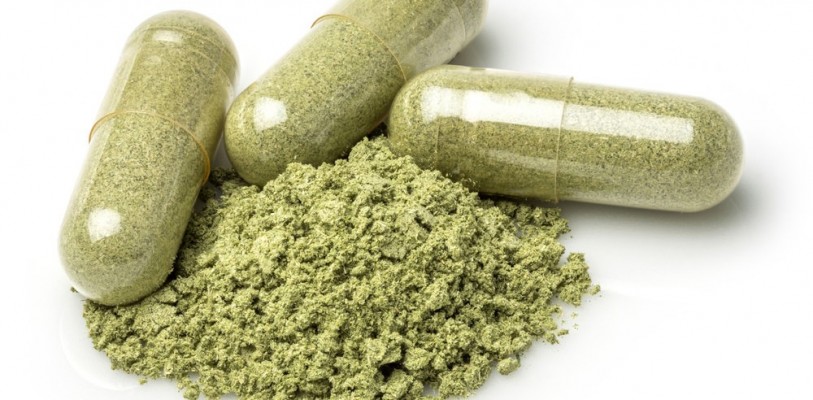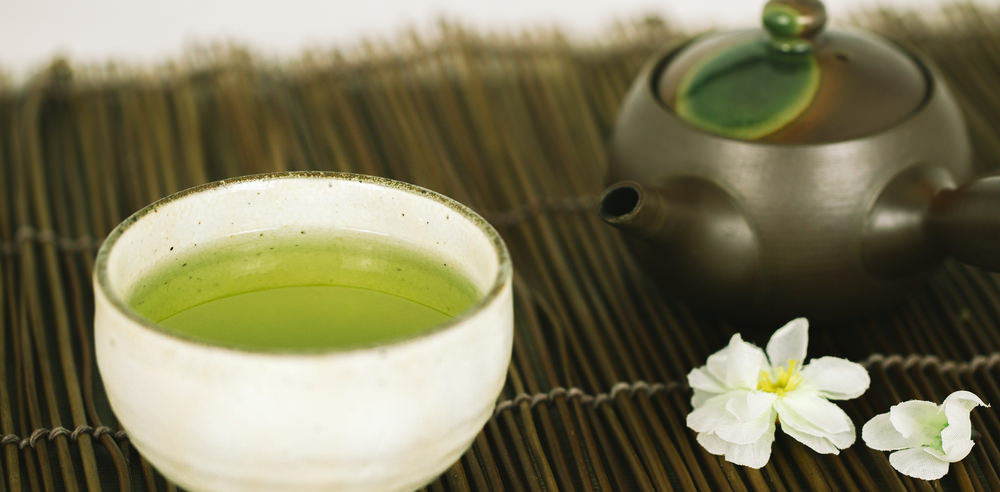
Are you worried about green tea extract side effects? If you are taking a green tea extract, then it might be something to think about.
Green tea is the fourth most popular supplement in the US, but there is little regulation on the dosage and ingredients. Green tea extracts can contain extremely high doses of polyphenols (catechins or flavonols), causing scientists concern.
If you only drink green tea, then you probably don’t have to worry. People in Japan regularly drink 9 or even 10 glasses of green tea a day. And there haven’t been any cases of toxicity from people drinking green tea. Cases of toxicity involve green tea extract capsules.
Green tea leaves contain around 30% polyphenols, with EGCG being the highest in concentration. When you take a dietary supplement, you get a much higher concentrated dose of EGCG.
A high dosage is considered to range from 10 to 29 milligrams of green tea extract per kilogram (or 4.54 to 13.15 milligrams per pound) of body weight per day (See Recommended Daily Allowance).
The National Institute of Health says green tea extract supplements have been linked to several cases of liver damage and can accelerate liver disease.
Researchers at Rutgers found that high doses of EGCG can cause toxicity in the liver, kidneys, and intestines. After given high doses of EGCG, 80% of patients showed higher levels of serum alanine aminotransferase (ALT) and bilirubin, which are tests to determine liver damage.
They also did a study on beagle dogs. They gave the supplement Teavigo for 13 weeks or the supplement Polyphenon E for 9 weeks. The green tea extract side effects in both cases included high levels of toxicity, vomiting, diarrhea, and even death.
A team from the Arizona Cancer Center at the University of Arizona had participants take Polyphenon E with doses of 400, 800, or 1200 mg EGCG a day for a 1 or 4 week period. Participants felt fine up to 800 mg, even on an empty stomach. But when the dosage increased to 1200 mg, participants started to have nausea.
In most cases, liver function returned to normal after discontinuing the high dosages of EGCG.
The US Pharmacopeia states that green tea extract side effects may be more likely on an empty stomach.
The Dietary Supplement Information Expert Committee concluded that green tea supplements are safe if they are used and formulated appropriately. But they recommend the bottles should carry the following label:
“Take with food. Discontinue use and consult a healthcare practitioner if you have a liver disorder or develop symptoms of liver trouble such as abdominal pain, dark urine, or jaundice.”
As with all supplements, do your research. And remember, more EGCG doesn’t mean more benefits!
This article contains affiliate links. Green Tea Guide receives a small commission for purchases made through these links. Your purchases support our effort to raise awareness about green tea. Thank you!
Chow, H., Hakim, I., Vining, D., Crowell, J., Ranger-Moore, J., Chew, W., Celaya, C., Rodney, S., Hara, Y., & Alberts, D. (2005). Effects of dosing condition on the oral bioavailability of green tea catechins after single-dose administration of Polyphenon E in healthy individuals. Clinical Cancer Research, 11(12), 4627-33.
Lambert, J. D., Sang, S., & Yang, C. S. (2007). Possible controversy over dietary polyphenols: Benefits vs risks. Chemical Research In Toxicology, 20(4), 583-585.
Molinari, M., Watt, K. D., Kruszyna, T., Nelson, R., Walsh, M., Huang, W. Y., Nashan, B., & Peltekian, K. (2006). Acute liver failure induced by green tea extracts: Case report and review of the literature. Liver Transplantation 12(12),1892-5.
Sarma, D. N., Barrett, M. L., Chavez, M. L., Gardiner, P., Ko, R., Mahady, G. B., & Dog, T. (2008). Safety of green tea extracts: A systematic review by the US Pharmacopeia. Drug Safety, 31(6), 469-484.


